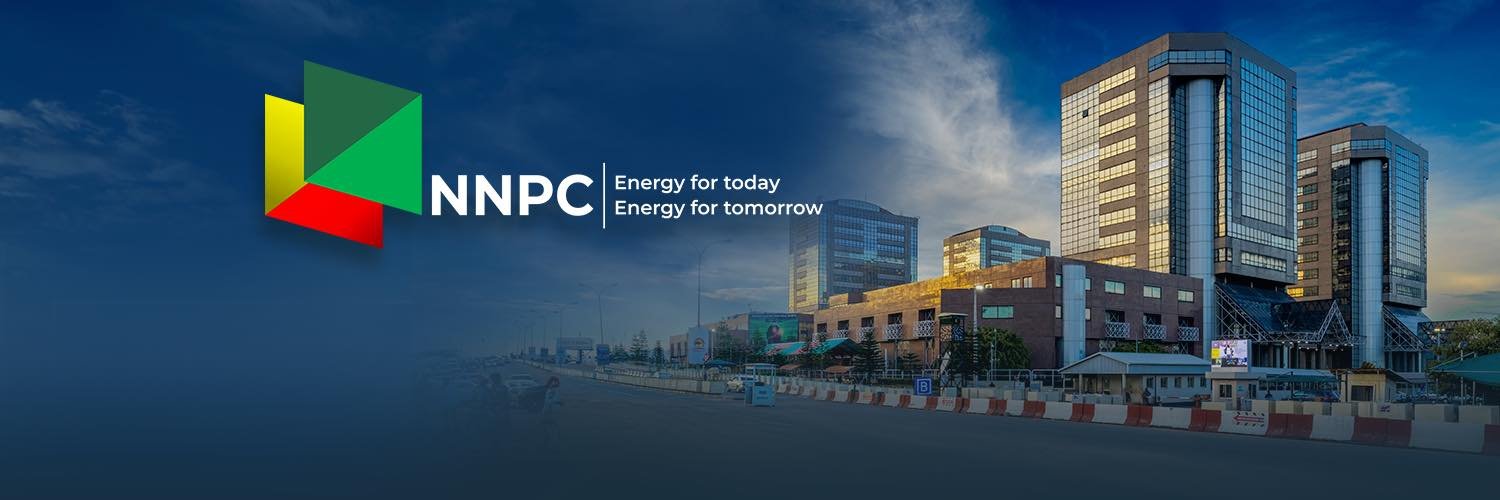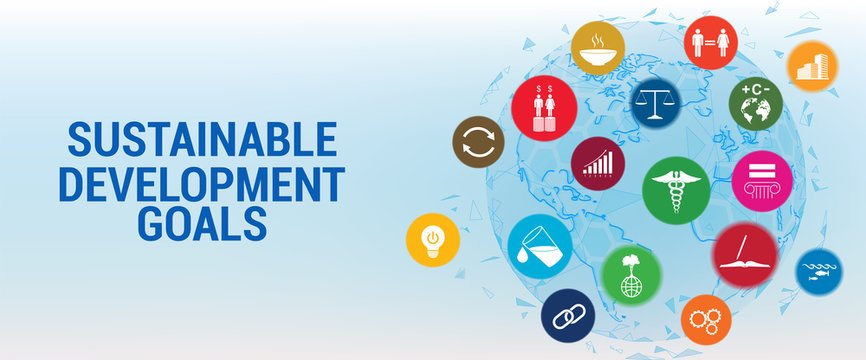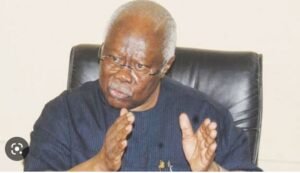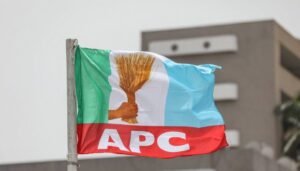By Omoniyi Salaudeen
President Bola Ahmed Tinubu may have to rethink his reform policies to turn the current hopelessness of the nation’s economy into the Renewed Hope Agenda of his administration.


Like other parts of the global community, Nigeria’s economy is in dire strait. Despite the presumed courage driving the audacity of a change of narrative, economic and financial experts believe that the government’s IMF-guided reforms are fundamentally flawed and inherently fraught with inconsistencies.
As they argue, any policy decision is only as good as the theories which have informed its formulation. So, wrong theories of a problem can only produce a wrong diagnosis of it and wrong decisions as to how to deal with it.

Notwithstanding the rhetoric supporting the aggressive implementation of the new policy of the administration, it has become obvious that the IMF and the World which are backers of the reform do not consider the peculiarity of the Nigerian situation in making their recommendations. For instance, the IMF while betraying its hypocrisy of sympathy for the masses due to the hardship of the fuel and electricity subsidy removal, urged the Federal Government not to drag more people into poverty, and at the same time, postulated that the reform would take 15 years for the positive impact of it to show on the economy.
Yet, the government is basking in the euphoria of the IMF commendation and its self-comforting belief that things are on the right track even though evidence is the contrary.
This is without regard to the structural defects of the reform on the various sectors of the economy. While the populace is grappling with rising food inflation, virtually all sectors of the economy are groaning under the heavy burden of multiple taxations, incessant hikes in the lending rate, epileptic power supply, and the resultant high cost of production.
Economists believe that increase in productivity across all sectors is the only way to shore up the foreign reserve vis-à-vis the strength of the naira against the dollar.
A distinguished economist, Prof Segun Ajibola, attributed the current dilemma to the imposition of western ideological theory of a free market economy by the IMF, warning the government to take the peculiarity of the Nigerian situation into consideration while adopting its recommendations.
He said: “IMF and World Bank imbibe western ideology in economic management. And the West is the originators and apologists of a free market economy where everything is left to the market forces or what some people will refer to forces demand and supply. They will hardly and openly support anything different from that.
“These institutions are not out to sympathise with your domestic economy. Their policies are not rolled out for the welfare of individual economy. Their sole mandate is to protect the global economy, especially the IMF. So, they will do whatever that is necessary to ensure that your own economy does not affect the rest of the world.
“But most times we miss this point. They don’t have your country as an individual as a priority. They are only concerned about the global environment. So, policies and programmes they will recommend to any country will be those ones they consider as best conditions for the global environment. If something is happening to your economy, they will make sure that it does not become cancerous to the global economy. And they are not usually bothered about the implications of the policies they recommend to individual countries which are affected.
“Sometimes, you see them contradicting themselves. They will ask you to fight poverty, they will ask you to pursue inclusive growth, but some of the conditionalities they will impose on you will make it impossible for you to achieve those goals. For instance, they will ask you to devalue your currency. How will such policy help to reduce poverty? That is why some countries will hear them, but they will not follow them.
“Across the globe, if you gather 10 countries which have adopted their recommendations, eight or nine of them will be worse off than what they were before the recommendations. Whereas, when the situation degenerates, it will require five times efforts to bring back the situation to normalcy. Look at all the countries that have gone through these challenges, Zimbabwe, Zambia, Ghana, Angola, Uganda, none of them except Kenya came out better.
“That is the dilemma we are now. If will take 15 years for us to see the result of the economic reforms and in the long run we are all dead, how many people will remain alive? How many people will retain their sanity? These are some of the things coming from these institutions that will baffle you. And it doesn’t move them if we are all dead because their recommendations are not to protect you. Their recommendation is to protect the global environment.
“That is why if they give you their loans, they give conditionalities that will make sure that they collect that loan because the money belongs to the global financial environment not individual countries. So, it cannot be lost. Even if casualties are being recorded, it is secondary to them. The primary thing is to protect the global interest. To deal with them, we need to be very careful.
“At times, some countries will look at their recommendations and the peculiarities of their environment and strike a balance. They can remove subsidy A and put it back in subsidy B so that they can protect the interest of their people. So, the peculiarity of individual countries should more or less dictate how you will configure certain things to suit your own environment.
“It is left to economic managers to decide how best to address the current situation. There are so many things to put into consideration before we introduce policies to manage the economy. What do we do to introduce new trade policy, what do we do to set industrial base, what do we do about tax policies and so on and so forth. These are some of the issues that must be considered together in determining policies to manage the economy.
“To lessen the hardship of fuel subsidy removal, the country needs to prioritize the Turn Around Maintenance of our refineries. The country cannot rely on private refinery because the refiner is a businessman who will want to recover his cost at all costs. If we have our own refineries, we will be able to address some of these challenges. For the agric sector, the farmers can be helped in terms of input, security, finance and infrastructure.”
Similarly, Mr Orji Udemezue, CEO, Flame Academy and Consulting Limited, an economic policy analyst, speaking with Sunday Sun, also accused the IMF of using a wrong model to direct Nigeria’s economy.
He said: “Some people cannot sit at a round table in the far flung western countries and design economic policies that will suit our situation.
“The government did not plan the reforms properly. The statement President Bola Ahmed Tinubu made on May 29, 2023 was a bit careless and hasty. Yes, we agreed that subsidy removal is the best way to manage our revenue. He should have allowed himself to settle down, engage the stakeholders and plan the easy way to remove subsidy with some palliative measures. Even though subsidy was removed, we found out that it wasn’t removed in its entirety. Though the policy is half measured, it has worsened the inflation pressure just as it is around the world.
“The reform is not well intended. You cannot be spending recklessly while you keep borrowing to finance basic expenditure, including recurrent expenditure. As we take more and more loans, we are coming very close to debt crisis. It means we have not learnt any lesson from debt forgiveness former President Olusegun Obasanjo and Ngozi Okonjo-Iweala secured in 2004. While you are doing reform, you must be seen to be honest in the way you behave. You must be prudent in the way you spend money. You cannot be spending recklessly and say you are doing reform.
“This president must sit back and look at the policies more holistically and make sure things are done with honest intention. Economic policy that drives reform must be evidence-based. While the reform of this government spikes up inflation, we have continued to manage the inflation without checking the root cause.
“The spike in the exchange rate of the dollar continues to increase the cost of both input and finished good and they continue to drive economic reform as if they are not aware of the kind of inflation we have in this country. It is clear to everybody that Nigeria’s inflation is not driven by too much money in circulation, but due to the incessant increases in the lending rate which the Central Bank has pushed to the limit. So, every sector, including manufacturing has to borrow money at a higher rate. Lending rate in Nigeria today is about 30 per cent. While every sector is suffering a lack of access to finance, they are also suffering high energy cost to drive their production. Electricity supply is still at a very low level in this country.
“In all of the reform policies they are talking about, we have not dealt with the real issue. With the present situation of things, no sector can do well because the reform is not comprehensive and holistic. Why has the government not brought down the strong obstacle mounted by the NNPCL to ensure that we continue to import refined products?
“The reform must include stopping importation of fuel products or import minimally to enable us increase local production. Government must subsidise production not consumption. In all the reforms, government has refused to break the jinx of the NNPCL. NNPC will get all the money they want and give Nigerians whatever they like. NNPC remains the major albatross of our economy. Any good reform must bring down the wicked hands and allow us the freedom and liberty in oil and gas sector.
“Any reform that will work must shift away from short-term measure to long-term measure, including building of refineries. It must also focus on non-oil sector like solid minerals to strengthen increase of foreign reserves to strengthen our currency. All these are not being done and our recovery will be more than delayed.
“This government must come down for its high horse and seek expert advice on the economy rather than listening to IMF and World Bank which continue to push policies that are not useful to our economy. IMF reforms are not well grounded on a sound economic theory. We will continue to listen to them at our peril.”
The former Director-General of the Lagos Chamber of Commerce and Industry, Dr Muda Yusuf, in his perspective of the situation, identified macroeconomic and structural challenges as the major problems impacting negatively on all sectors of the economy.
According to him, unless issues of power, energy and interest rate are frontally dealt with, Nigeria will continue to struggle with the current situation for a long time.
He said: “The challenge is that most of the problems we are having with the economy are macroeconomic in nature. They are also structural in nature. And when something is macro and structural in nature, these things cut across virtually all sectors of the economy. For example, exchange rate has systemic impact which cuts across all sectors. Even things that are locally produced, there are direct impacts of exchange rate on them in terms of volatility. The same thing can also be said about energy. High cost of energy affects virtually everything. It affects production, it affects operation, it affects transportation, it affects logistics. It is the same thing for interest rate. Interest rate affects manufacturing sector. When you have production that is dependent on financing, they are vulnerable. They express the shock. Now, we are talking of national grid collapse. These things cut across all sectors. That is why virtually all sectors and businesses are affected. And all of these things have inflationary effects on everything. Until we are able to fix these very critical variables, we may have to struggle with the situation for some time.
“However, efforts are being made by the government to fix some of these things. We have economic stabilization plan. The bill is still in the national assembly. We also have tax reform policies which are meant to mitigate the impact of the current challenges on the economy. These are the fundamentals that drive the economy.”
Though experts may appear to differ in their analysis of the current situation, one point of view they agreed on is that the Tinubu administration is not getting certain things right and may, therefore, need to retool its policies taking cognizance of the peculiarity of the environment in which it operates as against the western theory of economic management.
As Prof Ajibola pointed out, there is hardly any country where the IMF had intervened in its economy and came out unscathed.
This is a warning the drivers of the policy have to take very seriously in the interest of the majority because people have to live to enjoy the benefits of the reforms.







